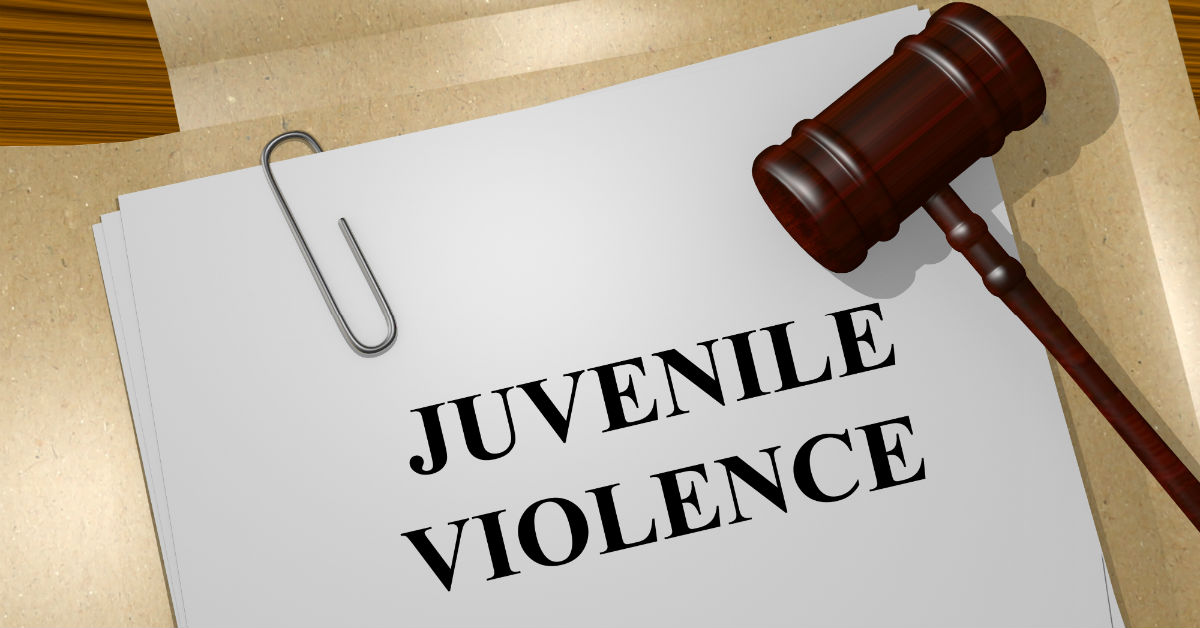
Anger is something everyone must eventually learn to control and teens are particularly susceptible to strong emotions, both positive and negative. While mood swings are normal, when anger morphs into extreme aggressiveness, it can be intimidating and frightening for parents. While both boys and girls are at the risk of becoming violent, girls generally express their anger verbally or through self-harm, while boys have more of a tendency to become physical. In both cases, it can lead to serious consequences. Recognizing the signs of aggression in your teen at an early age is important in order to help him recognize and learn to manage his anger in a healthy way. Some of the signs to look for to determine whether or not your teen’s anger is excessive are:
- Regularly hurting others. He may brush it off as “rough housing” or “just messing around”.
- Breaking things, punching or kicking walls or putting others in the line of fire on a regular basis is not normal, frustrated behavior.
- Reports of destructive behavior or bullying at school.
- Fearing for your safety or the safety of others in the household.
If you are concerned about your son and his behavior, there are some things you can do to help him:
- Rules and Consequences – During a time when your teen is receptive to discussion; let him know that while anger is a normal emotion, it must be expressed in an acceptable way. Make it clear that lashing out violently will result in a loss in privileges or even police involvement in some cases.
- Dig Deeper – You may need to dig a little deeper with your teen to try to determine the reason behind his anger. Depression, sadness, poor self-esteem and bullying can all lead to aggression and acting out.
- Healthy Coping – It may help for your teen to find a healthy way to relieve his anger. Extracurricular activities like sports, listening to music, jogging or even hitting a punching bag are all effective ways to deal with stress and rage. If you can identify your teen’s main triggers, you can help him practice a variety of coping mechanisms.
- Be a Good Example – Children of all ages absorb and reflect what they see at home or the way that they were raised. It is important that you are setting a good example when it comes to managing your anger and frustration. You cannot reasonably ask your son to behave in a manner that you aren’t willing to.
- Be Available – Your teen may not always want to talk during the tumultuous adolescent years, but it is still important to make the effort to connect. You will need to find a balance between letting your son explore his independence and making sure that you are available to him whether he is interested or not. You never know when they will actually want to talk, but it won’t happen if you don’t make the effort to keep the lines of communication open.
In many situations you have to listen to your gut and use your intuition as a parent, but if nothing seems to be working, you can also consider more intensive help in the form of full time care. Facilities like therapeutic boarding schools and residential treatment centers are all valuable ways for teens to get the help and guidance they need in an environment that is free from the triggers and temptations of their home and social lives. Through hard work and proven therapeutic methods, troubled teen boys can address their individual challenges and return home better equipped to communicate and move forward into a better future.
For information about Liahona Academy and the ways our program may be able to help your son, please contact us at 1-855-587-1416 for a consultation.


Leave a Reply